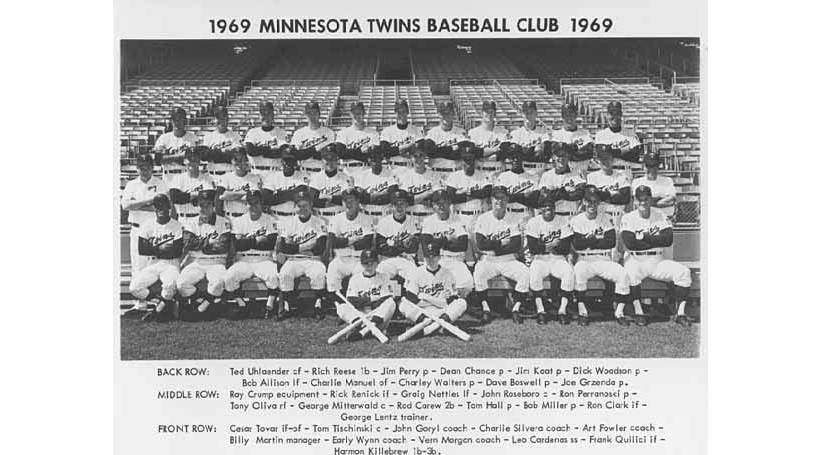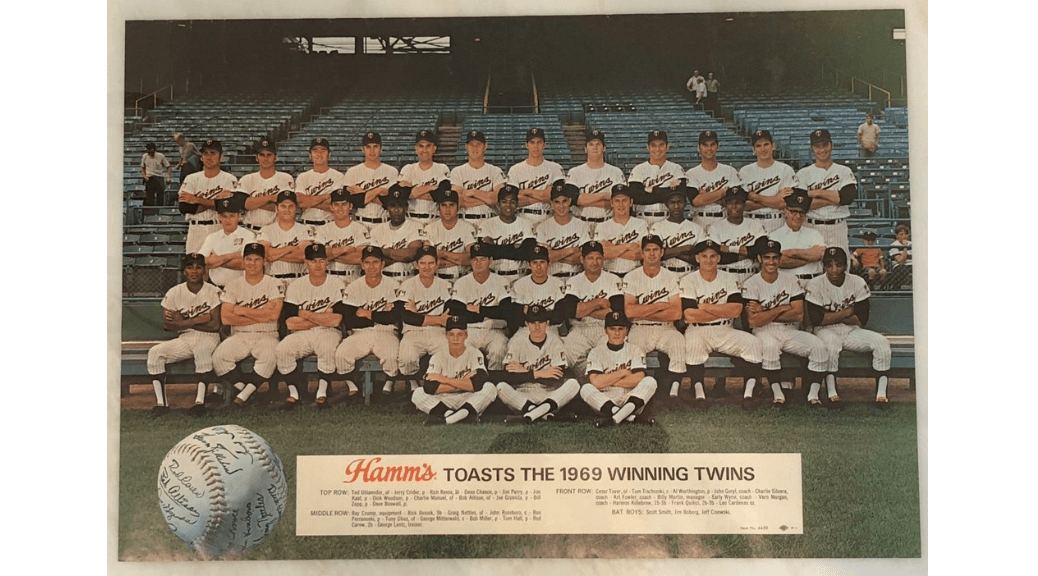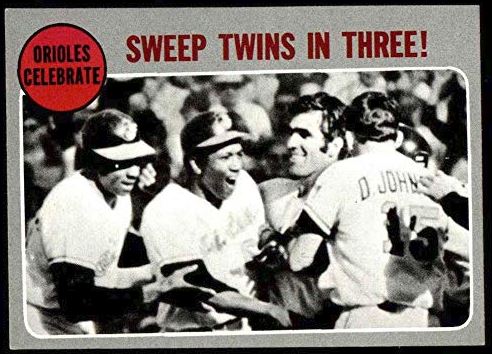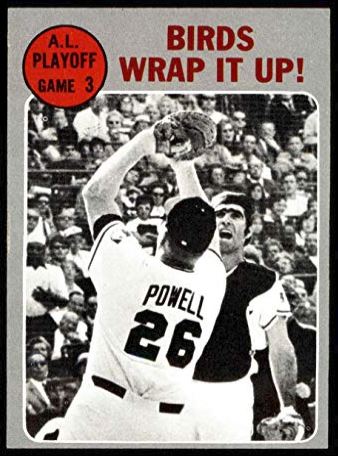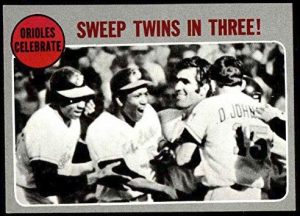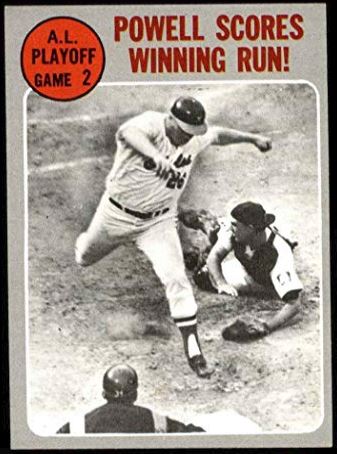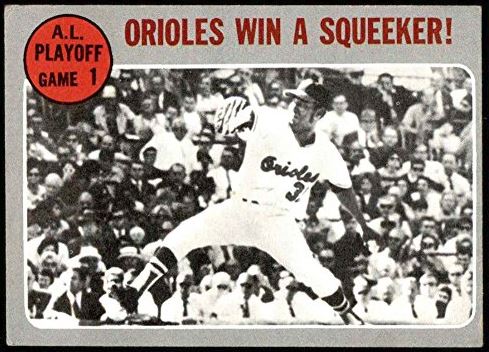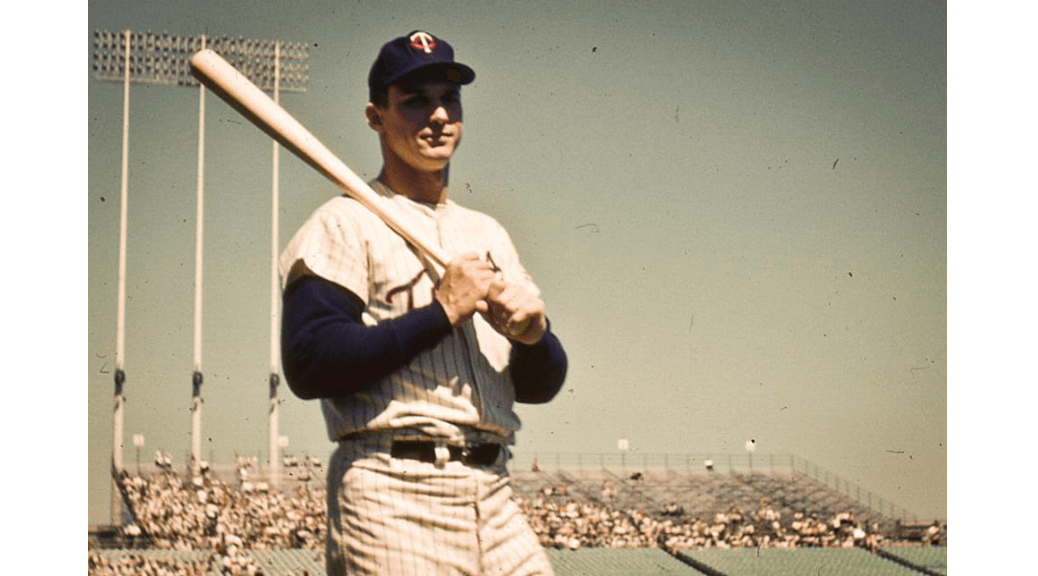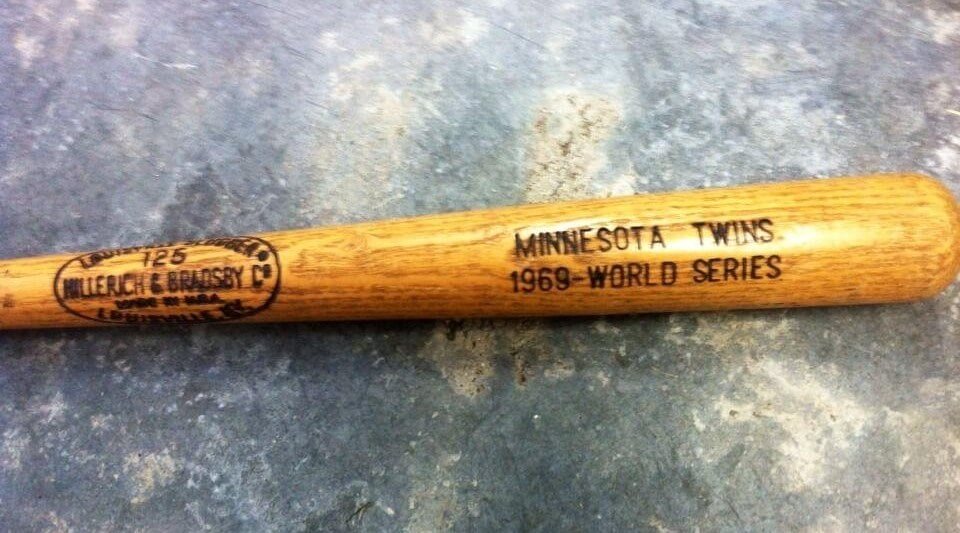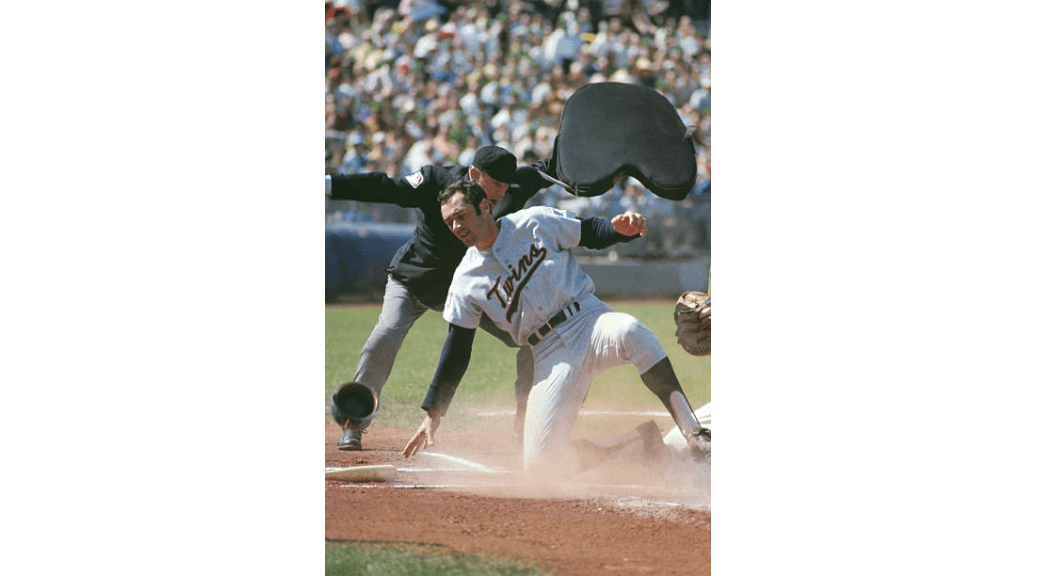BATTING STATS
PLAYERS USED
1 Seattle, 53
9 (tie) Minnesota, 36
BATTERS AVERAGE AGE
1 Kansas City, 25.8
11 (tie) Minnesota, 28.8
RUNS PER GAME
1 Minnesota, 4.88
2 Baltimore, 4.81
PLATE APPEARANCES
1 Minnesota, 6424
2 Oakland, 6405
AT BATS
1 Minnesota, 5677
2 Oakland 5614
RUNS
1 Minnesota, 790
2 Baltimore, 779
HITS
1 Minnesota, 1520
2 Baltimore, 1465
DOUBLES
1 Minnesota, 246
2 (tie) Baltimore, Boston, 234
TRIPLES
1 New York, 44
4 (tie) Minnesota, 32
HOME RUNS
1 Boston, 197
4 Minnesota, 163
RBI
1 Minnesota, 733
2 Baltimore, 722
STOLEN BASES
1 Seattle, 167
4 Minnesota, 115
CAUGHT STEALING
1 New York, 74
2 (tie) Minnesota, 70
WALKS
1 Boston, 658
6 Minnesota, 599
STRIKEOUTS
1 Seattle, 1015
6 (tie) Minnesota, 906
BATTING AVERAGE
1 Minnesota, .268
2 Baltimore, .265
OBP
1 Baltimore .343
2 Minnesota, .340
SLUGGING
1 Boston, .415
3 Minnesota, .408
OPS
1 Baltimore, .756
3 Minnesota, .748
OPS+
1 Baltimore, 110
2 Minnesota, 106
TOTAL BASES
1 Minnesota, 2319
2 Baltimore, 2282
GIDP
1 Washington, 158
8 Minnesota, 114
HIT BATSMEN
1 Oakland, 63
4 (tie) Minnesota, 43
SACRIFICE HITS
1 California, 75
7 Minnesota, 65
SACRIFICE FLIES
1 Baltimore, 59
6 (tie) Minnesota, 40
INTENTIONAL WALKS
1 Minnesota, 78
2 Oakland, 66
LEFT ON BASE
1 Oakland, 1245
3 Minnesota, 1196
PITCHING STATS
PITCHERS USED
1 Seattle, 25
9 (tie) Minnesota, 15
PITCHERS AGE
1 Oakland, 24.3
12 Minnesota, 28.9
RUNS PER GAME
1 Baltimore, 3.19
4 Minnesota, 3.81
ERA
1 Baltimore, 2.83
3 Minnesota, 3.24
COMPLETE GAMES
1 Detroit, 55
6 Minnesota, 41
TEAM SHUTOUTS
1 (tie) Baltimore, Detroit, 20
9 Minnesota, 8
COMPLETE GAME SHUTOUTS
1 Baltimore, 19
10 Minnesota, 5
SAVES
1 Minnesota, 43
2 (tie) Washington, Boston, 41
INNINGS
1 Minnesota, 1497.2
2 Oakland, 1480.2
HITS ALLOWED
1 Baltimore, 1194
9 Minnesota, 1388
RUNS ALLOWED
1 Baltimore, 517
4 Minnesota, 618
EARNED RUNS ALLOWED
1 Baltimore, 463
4 Minnesota, 539
HOME RUNS ALLOWED
1 Baltimore, 117
3 Minnesota, 119
WALKS ALLOWED
1 Baltimore, 498
4 Minnesota, 524
INTENTIONAL WALKS
1 Kansas City, 36
11 Minnesota, 76
STRIKEOUTS
1 Detroit, 1032
5 Minnesota, 906
HIT BATSMEN
1 New York, 18
7 Minnesota, 38
BALKS
1 New York, 0
2 Minnesota, 1
WILD PITCHES
1 Baltimore, 34
3 Minnesota, 48
BATTERS FACED
1 Baltimore, 5972
10 Minnesota, 6292
ERA+
1 Baltimore, 126
2 Minnesota, 114
FIP
1 Baltimore, 3.38
2 Minnesota, 3.46
WHIP
1 Baltimore, 1.15
5 Minnesota, 1.28
HITS PER 9 INNINGS
1 Baltimore, 7.3
9 Minnesota, 8.3
HOME RUNS PER 9 INNINGS
1 Minnesota, 0.7
3 Baltimore, 0.7
WALKS PER 9 INNINGS
1 Baltimore, 3.0
2 Minnesota, 3.1
STRIKEOUTS PER 9 INNINGS
1 Detroit, 6.4
8 Minnesota, 5.4
STRIKEOUT/WALK RATIO
1 Baltimore, 1.80
3 Minnesota, 1.73
LEFT ON BASE
1 (tie) Seattle, Boston, 1257
5 Minnesota, 1183

